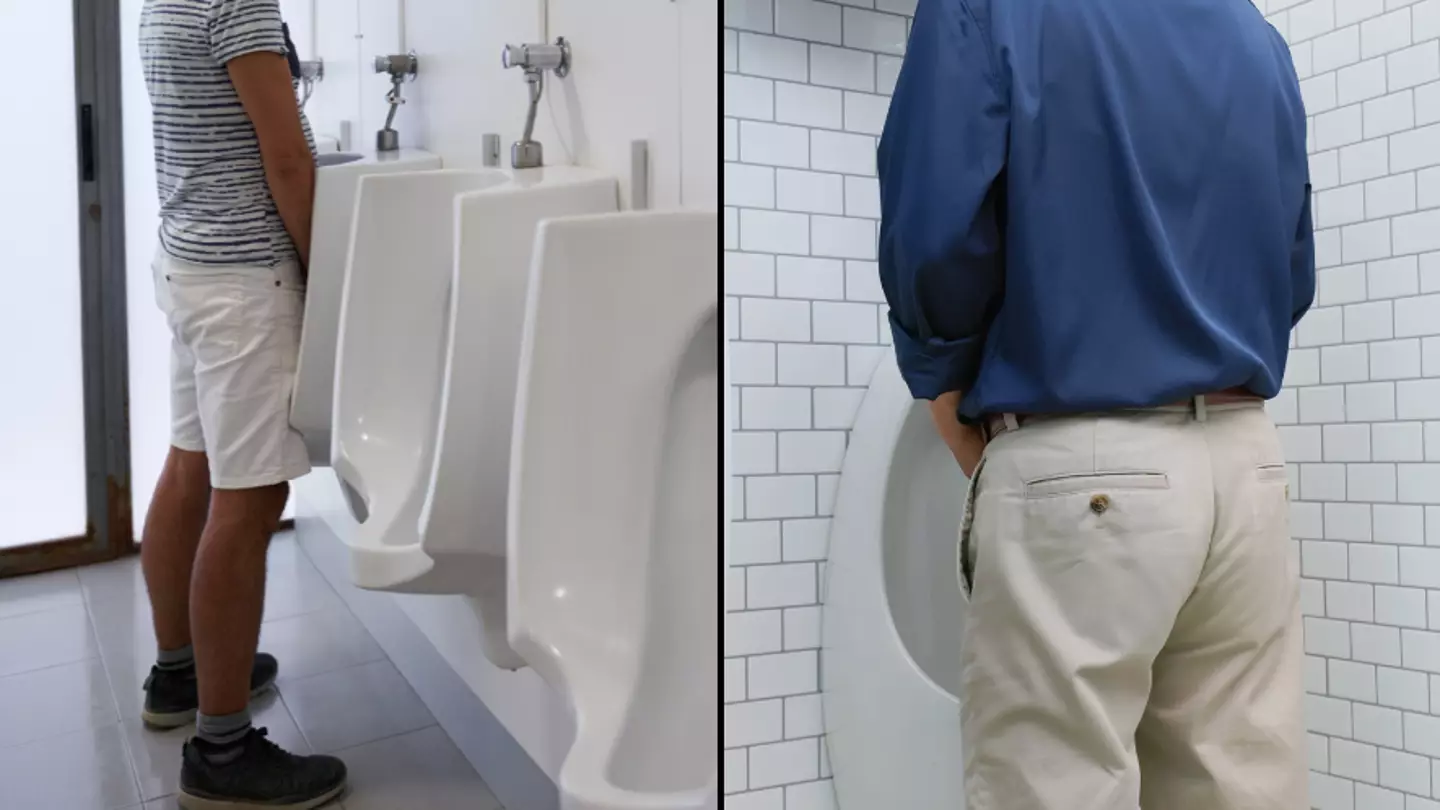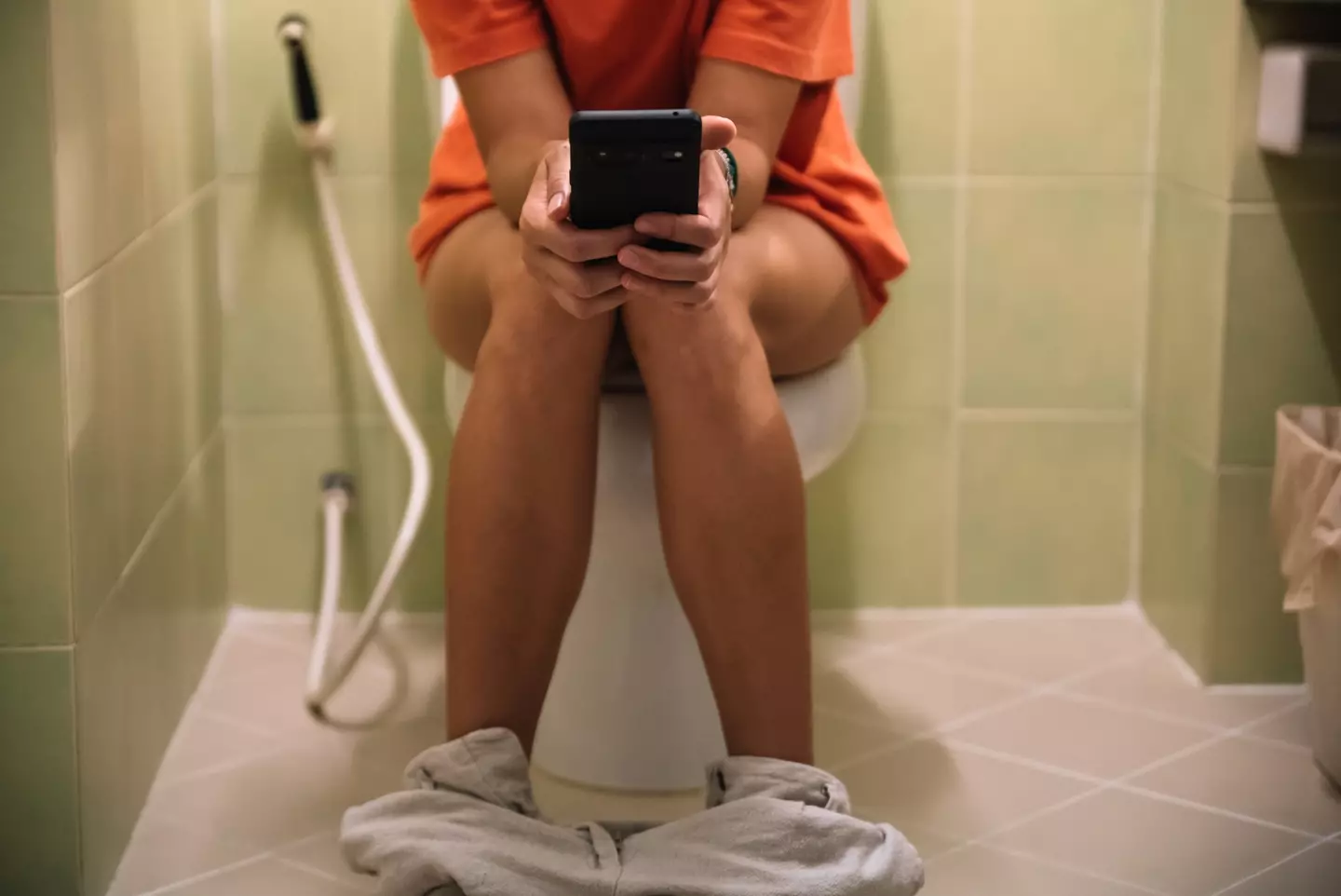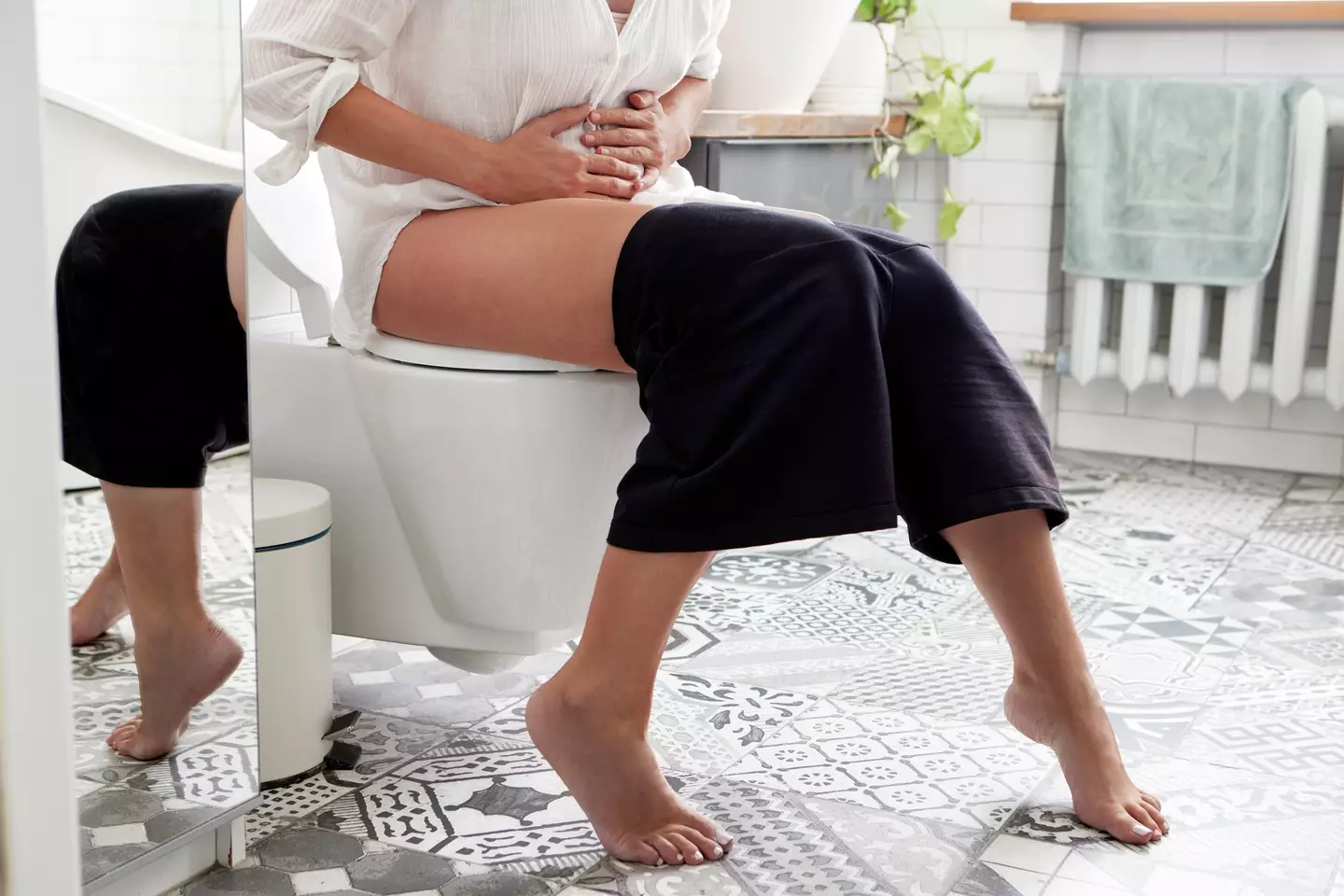
Scientists have shared a universal '21 second rule' peeing rule, which is important for a healthy body.
It's safe to say that most of us probably don't track how often and how long we're using the toilet every day.
However it might be worth busting out your phone timer or counting to 21 next time you sense the urge to empty your bladder - and there's a very important reason why.

Advert
Now counting the seconds that you urinate may sound a little random, but trust us on this one as there's actually Nobel prize winning research behind it.
Well, Ig Nobel Prize award winning. But it's still pretty impressive nonetheless.
What is the 21 second law of urination?
Pioneered by a group of scientists at the Georgia Institute of Technology, the 'Law of Urination' is the idea that any mammal who weighs over over three kilograms (6.6 pounds) need around 21 seconds to completely empty their bladder.
Now you may be wondering 'why 21 seconds specifically' or 'why couldn't they round it down to a neater 20 seconds?' - well it's all to do with the laws of gravity.
Advert
Researchers spent a good deal of their time analysing videos of various animals peeing at high-speed in order to gain a better understanding into why most mammals pee the way they do.
Which certainly sounds like a fun way to spend your days.
The scientists then published their findings, alongside the argument that 'gravitational force' is the main factor in peeing length.
"How can bladders of both 0.5 kg and 100 kg be emptied in nearly the same duration? Larger animals have longer urethras, and so greater gravitational force driving flow," the team penned in their research paper.

Advert
"These long urethras increase the flow rate of larger animals, enabling them to perform the feat of emptying their substantial bladders over approximately the same duration."
How does this relate to humans?
The question you're now probably wondering is 'how does this relate to humans?'. The answer is because the study gives us a general rule of thumb regarding how long we should be spending on the toilet.
Nurse Janis Miller, PhD told Well and Good you can use the 21 second rule to 'educate yourself into a good wellness pattern'.
Not every trip to the loo will last 21 seconds exactly, however it's a rough guide to be aiming for.
Advert
If you're finding that you spend a lot longer to empty your bladder or make multiple trips to the loo, it could lead to problems down the line.

If you're peeing for significantly longer than 21 seconds all the time, your bladder may expand, eventually losing its ability to stretch and stop working as it should.
Holding your pee in for too long too frequently can lead to UTIs or kidney issues.
Pee too often and you could have what's called an 'overactive bladder' - when you feel the urge to pee even if your bladder isn't full.
Advert
As for how many pee breaks you should be taking a day, urologist Nicole Eisenbrown has advised that we should be emptying our bladder eight times a day if you're drinking the correct amount of water.